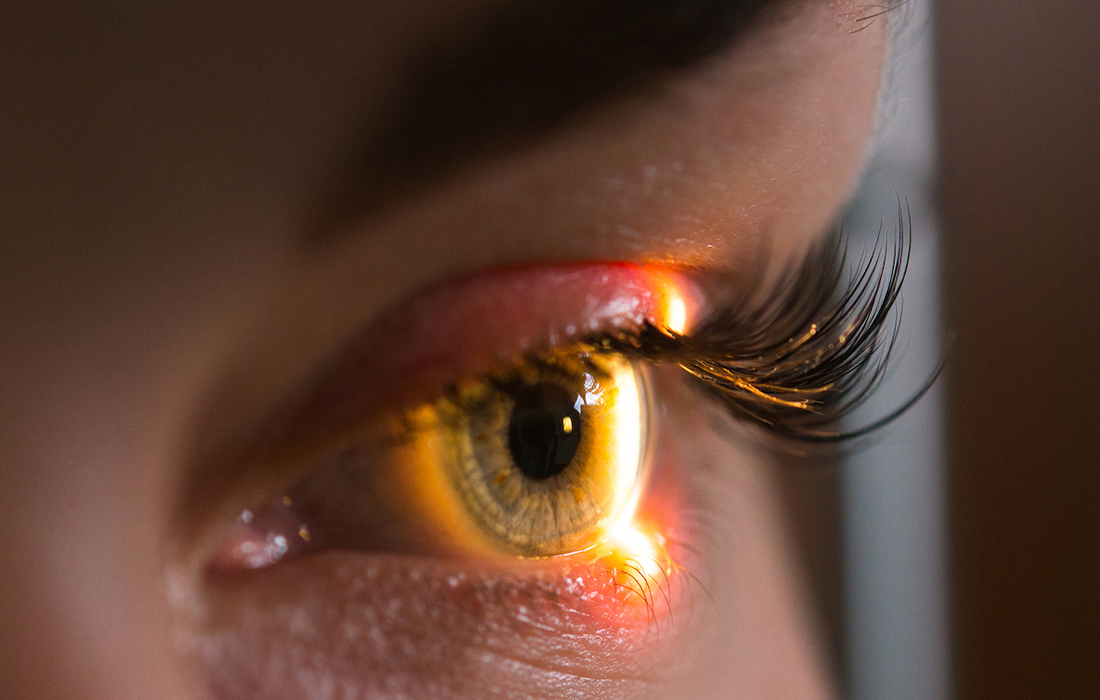Regenerative Medicine News and General Information
A Small Molecule Blocks Aversive Memory Formation, Providing a Potential Treatment Target for Depression
“Depression affects millions of individuals worldwide, necessitating more effective treatments. Conventional methods, such as drug therapy with delayed onset of action and psychotherapy, have limitations in yielding satisfactory results for many patients. A pioneering advancement in treatment is urgently needed,” said Professor He Jufang.
Previous research found that stress leads to neural plasticity changes in brain’s valence-coding systems (“valence” refers to the degree to which something is pleasurable or aversive), which are strongly associated with depression, post-traumatic stress disorders and anxiety disorders.
Previously professor He’s research group discovered that cholecystokinin (CCK), a key neuromodulator, is crucial for inducing long-term potentiation (LTP) — a lasting increase in communication strength between neurons — to enable memory formation.
They also found that the CCK and CCK-B receptors (CCKBR is one of three known types of CCK receptors in the central nervous system) mediate neuroplasticity, as well as visual and sound associative memory formation, in the auditory cortex, and trace fear memory formation in the amygdala.
Other studies have found that CCKBR antagonists (which block the binding of the CCK and CCK-B receptors, thus inhibiting the effect of the binding) exhibited an antidepressant effect in mice.
So Professor He’s group hypothesized that CCK might facilitate aversive memory formation by enabling LTP in the basolateral amygdala (BLA) — a brain region involved in processing emotional memories and thought to be dysregulated in depression, thus enhancing the development of depression.
In their latest study, they tested this hypothesis using various experimental methods, including in vitro electrophysiological recording, optogenetic manipulation, drug manipulation and behavioral analysis of mice, to examine the critical role of CCK and CCKBR in depression.
They found that a CCKBR antagonist called YM022 had an antidepressant-like effect by blocking neuroplasticity-caused aversive memory formation in mice.
The results of the in-vitro recording in the BLA showed that the YM022 significantly suppressed neuroplasticity.
The results showed that depressive behaviors in mice treated with a CCKBR antagonist was reduced.
Next, the research team will focus on the precise mechanisms and potential side effects of CCKBR antagonists to set the stage for future clinical trials involving human subjects.
Sources:
Xu Zhang, Muhammad Asim, Wei Fang, Hossain Md Monir, Huajie Wang, Kyuhee Kim, Hemin Feng, Shujie Wang, Qianqian Gao, Yuanying Lai, Jufang He. Cholecystokinin B receptor antagonists for the treatment of depression via blocking long-term potentiation in the basolateral amygdala. Molecular Psychiatry, 2023; 28 (8): 3459 DOI: 10.1038/s41380-023-02127-7
Materials provided by City University of Hong Kong. Note: Content may be edited for style and length.
City University of Hong Kong. “A small molecule blocks aversive memory formation, providing a potential treatment target for depression.” ScienceDaily. ScienceDaily, 16 November 2023. <www.sciencedaily.com/releases/2023/11/231116141043.htm>.
Images from:
Photo by Quintin Gellar
https://www.pexels.com/photo/person-wearing-red-hoodie-sitting-in-front-of-body-of-water-636164/

